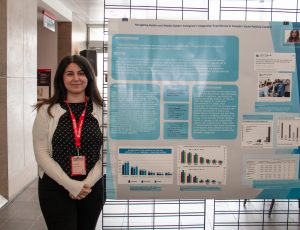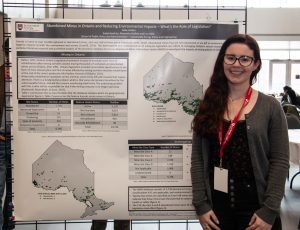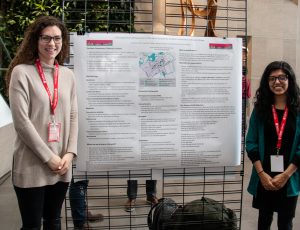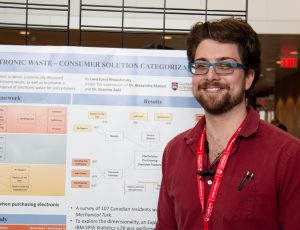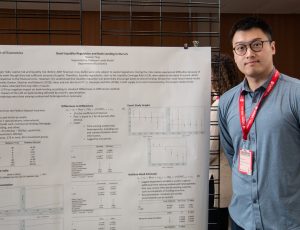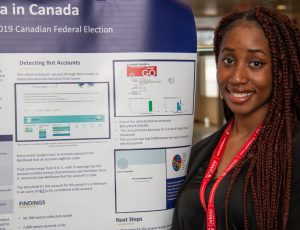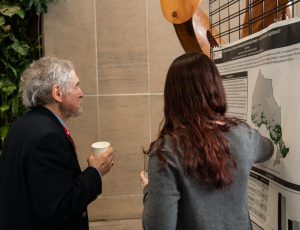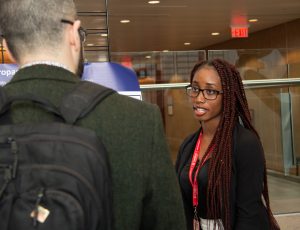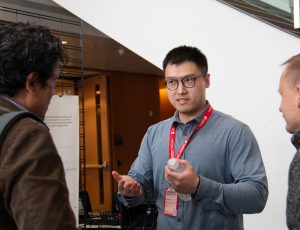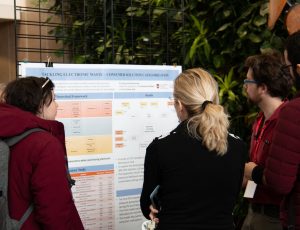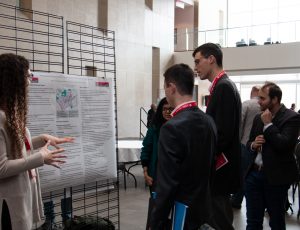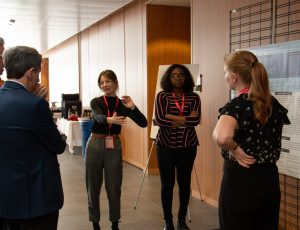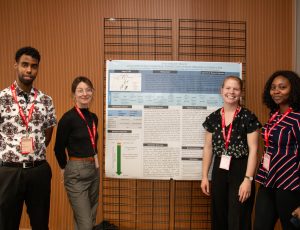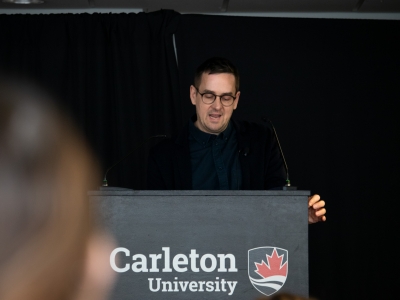With 21 panel discussions and more than 50 presenters, the Emerging Perspectives graduate conference on March 9 and 10 was an impressive showcase of the depth and breadth of graduate research taking place in the Faculty of Public Affairs.
“The student presenters truly showed their ability to carry out excellent research and communicate their research findings in a clear and accessible way,” says Christopher Worswick, Associate Dean (Research & International). “There was strong attendance and participation by both students and FPA faculty, which really showcased our strength as an interdisciplinary Faculty where graduate students and faculty members interact on research in a cooperative and mutually beneficial way.”
Each panel featured three to four student researchers along with a faculty member who offered feedback and reflections on the presentations. In its second year, the conference attracted more presenters and a large, engaged audience. Many presentations ran overtime as the audience and student researchers shared ideas and knowledge.
“This year’s conference was a real success with very interesting discussions covering a wide gamut of topics and disciplines and a real community spirit,” said Noah Schwartz, a PhD student in Political Science and one of the conference organizers. “All of the presenters, discussants and attendees I spoke to seemed really pleased to have been a part of it – and I know I was.”
This year’s topics ranged from international trade, migration and refugees, food insecurity in the North, climate change, end of life support, and much more.
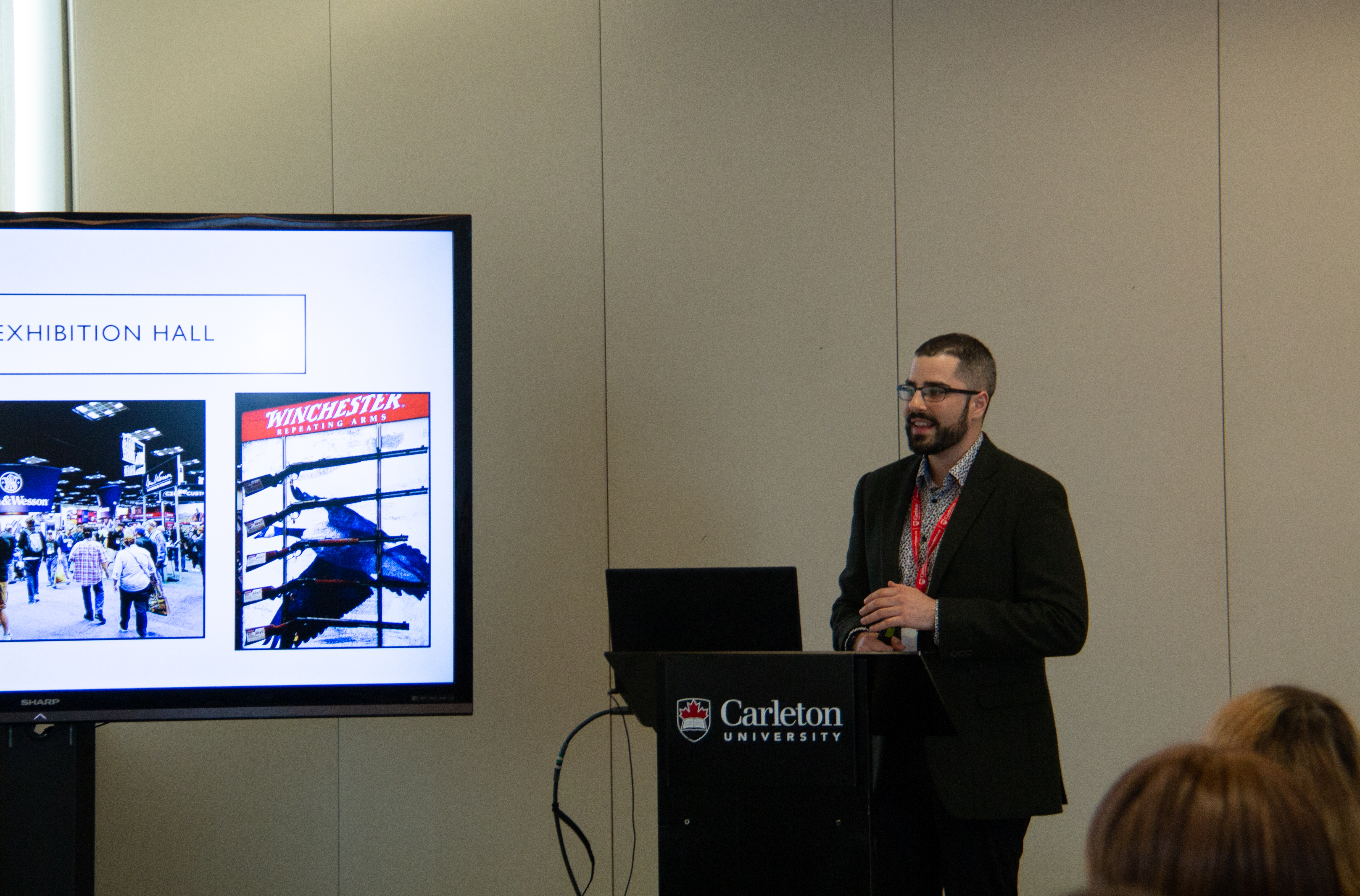
Healthy End of Life Project
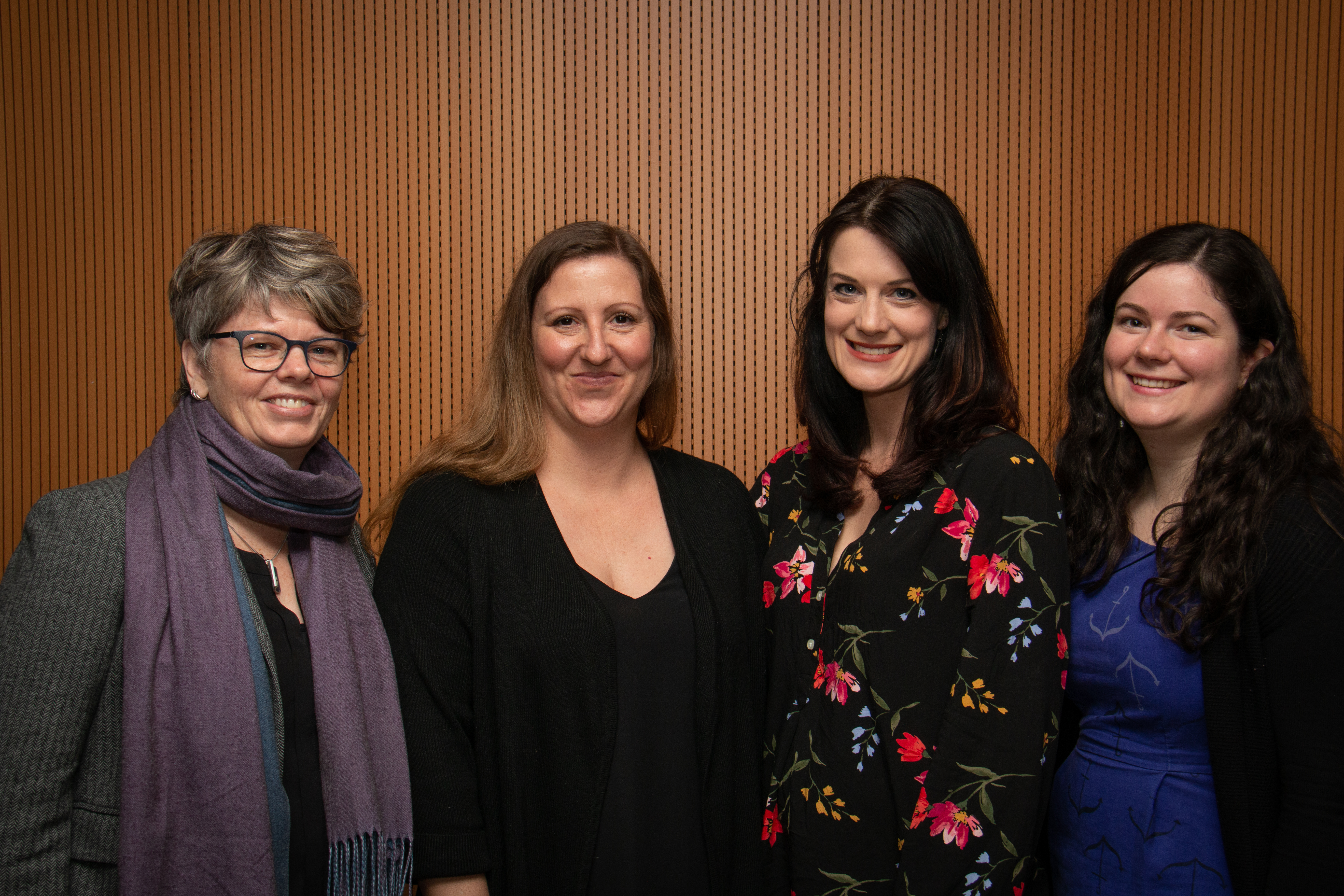
Left to right: Pam Grassau, Angie Mason, Kylie Schibli, and Emerald Pringle
This project, led by Professor Pam Grassau in the School of Social Work, aims to create a bridge between people dealing with end-of-life illness and grieving and the rest of the community, and to normalize the experience of death and dying.
Grassau was joined on the panel by three graduate student researchers—Kylie Schibli, Emerald Pringle, and Angie Mason—who incorporated their own personal experiences into their presentations in very effective ways.
“When you don’t feel that you can share [grief] with others, you don’t have the opportunity to heal,” said Master of Social Work student Kylie Schibli. “There’s a fear that people won’t want to hear about your grief.”
Grassau praised all three students for bringing their own lived experiences to bear in advancing the mission of the Healthy End of Life Project, which is funded by the Mach-Gaensslen Foundation in collaboration with Compassionate Ottawa.
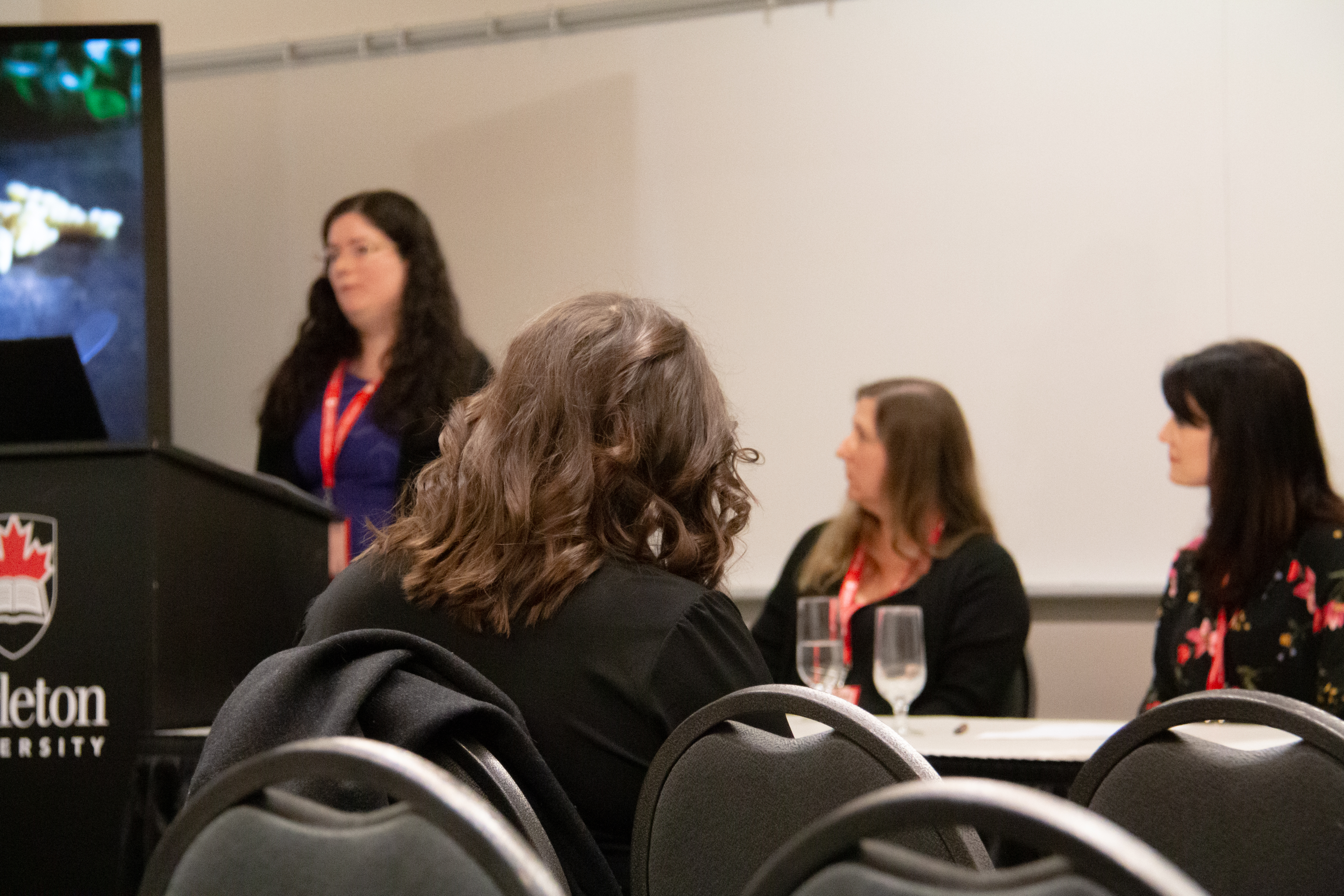
Food Security in the North
Professor Stephan Schott’s team of graduate students, from the School of Public Policy and Administration (SPPA), had only recently returned from Gjoa Haven, Nunavut when they presented their most recent findings at the conference.
The students are part of Schott’s two research projects, in which they are collaborating with the residents of Gjoa Haven, an Inuit hamlet on King William Island above the Arctic Circle.
Schott is co-lead on a $14.4 million project entitled FISHES: Fostering Indigenous Small-scale fisheries for Health, Economy, and Food Security, which is funded by Genome Canada, the Ontario government, and other funding agencies. He is also the lead on the project, Towards a Sustainable Fishery for Nunavummiut.
Jacqueline Chapman began working with Schott three and a half years ago as a PhD student in Biology specializing in fisheries. While she is focused on fish biology, SPPA graduate student Jamie Desautels is studying the importance of traditional “country food”. Benjamin Faveri, an e-commerce entrepreneur and SPPA graduate student is working with community members interested in e-commerce business possibilities.
“The North really gets under your skin,” explained Chapman. “There is so much opportunity for collaborative research with communities where you work together to develop solutions. You really feel that little changes have the potential to make a big difference.”
Sharing Their Research
The Emerging Perspectives conference offered dozens of students a unique opportunity to come together to learn about each other’s work and share ideas.
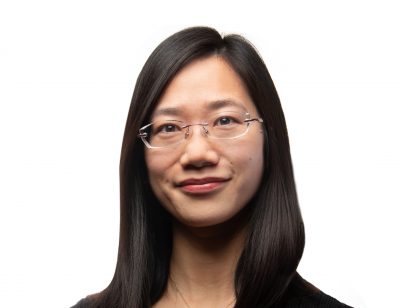
Jingjing Xu
Jingjing Xu is a PhD student in Economics who also earned her master’s degree at Carleton. She researches intergenerational transfer in China, which is setting forth a social safety net as Canada did in the mid-sixties.
“Even though China implemented social security reforms in the 1990s, the overall coverage is still inadequate,” said Jingjing. “Intergenerational transfer will benefit families.”
Deborah Sogelola, a master’s student in the School of Journalism and Communication, presented a poster presentation exploring issues of gender, ethnicity and media representation in electoral processes and campaigns. Sogelola is also working on a thesis project highlighting the use of computational propaganda during the federal election of 2019.
“Computational propaganda is the use of algorithms to spread misinformation over social media platforms,” she explained. “In this scenario, I’ll be looking at computational propaganda on Twitter, which has also been studied in other countries.”
Hana Ouchi was one of many graduate students who attended the conference as an observer, to learn about the research being conducted by her peers. A master’s student in the School of Public Policy and Administration, Ouchi described the conference as just one of the many advantages to pursuing her degree at Carleton.
“I definitely wanted to be in Ottawa, since I am looking for experience with the federal government,” said Ouchi, who is from British Columbia. “[Carleton’s] programs are really great in opening my eyes to a Canadian policy perspective. They have so much experience, so much knowledge, of the ins and outs of the federal government.”
Read About the 2019 Conference
Monday, April 6, 2020 in FPA Research Series, News, School of Public Policy and Administration, School of Social Work
Share: Twitter, Facebook
